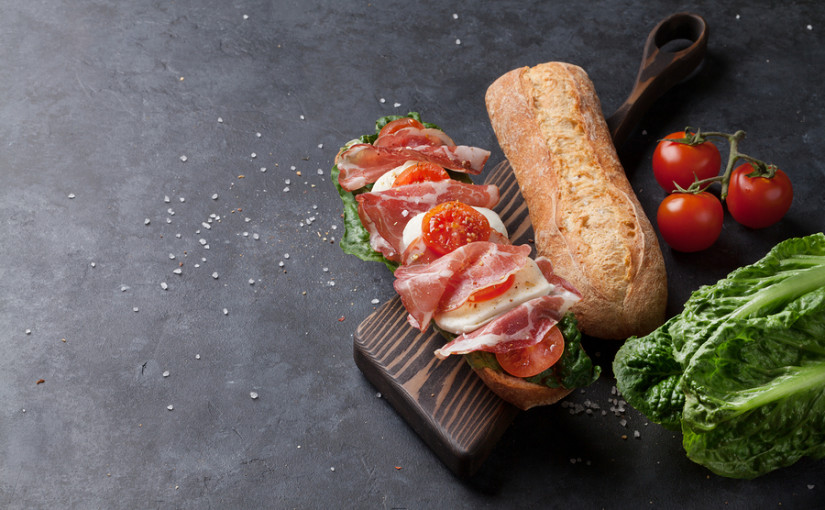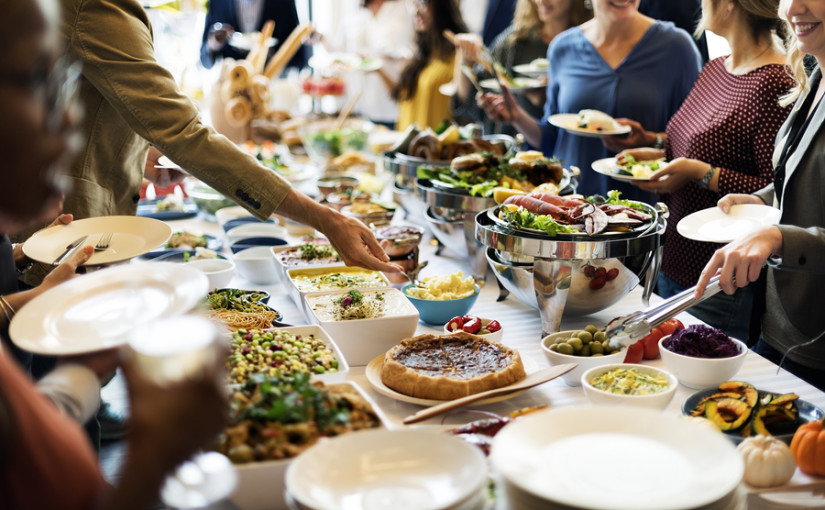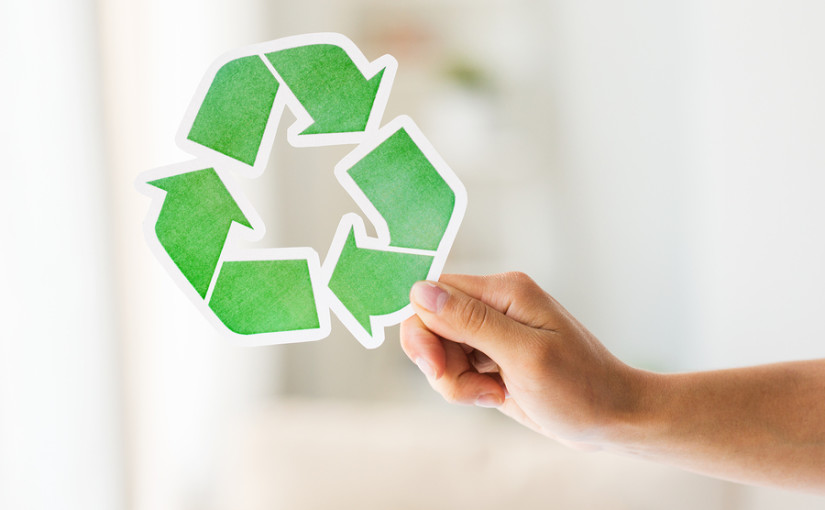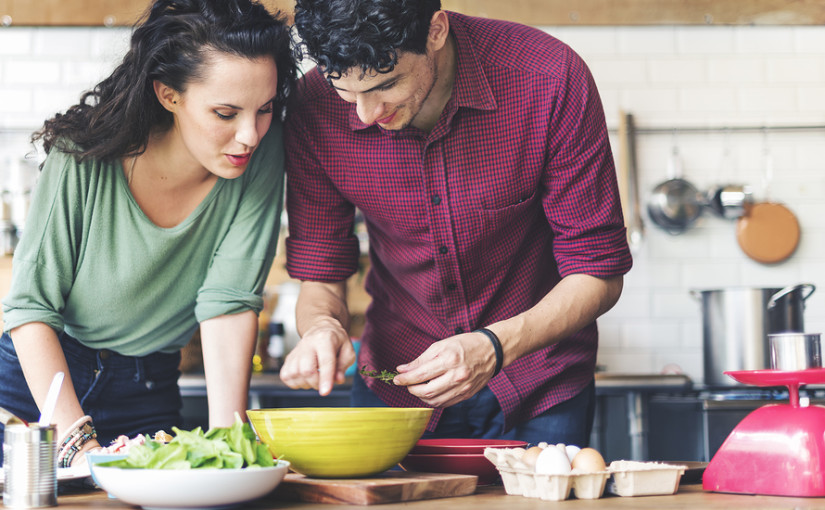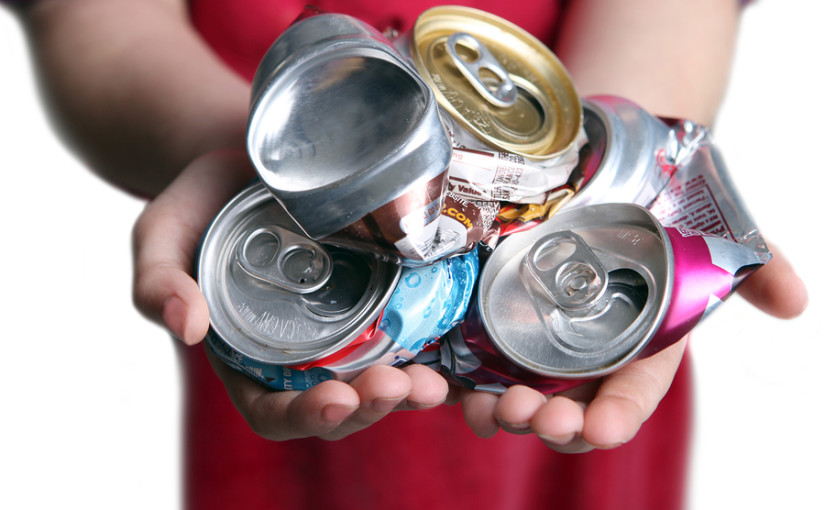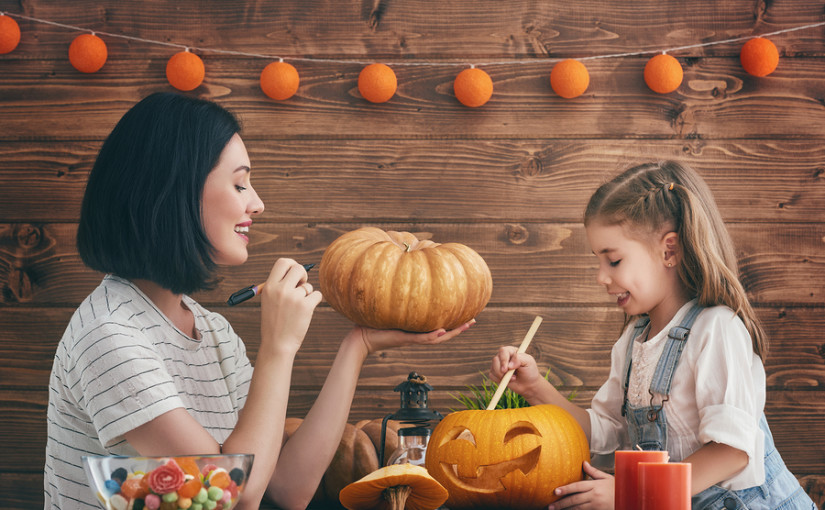This competition has ended. Thank you to all who entered. The lucky winner was Alison Barlow on Twitter.
Was one of your new year’s resolutions for 2017 to waste less, to cut out plastic, or perhaps to save money? Whichever of those camps you fall into, this competition is definitely for you! Or, maybe you’d just like to win a fantastic zero waste freebie for yourself or a loved one.
Of all the zero waste challenges in life, lunch is a big one. After all, how many of us grab lunch from a local shop or café, which involves all manner of ‘single-use’ plastics? Even if you pack your own lunch at home, avoiding waste can be very tricky – many people use cling film, foil, and sandwich bags as habit.
So, how can you pack a zero waste lunch? With a zero waste lunch kit, of course!
Continue reading Win a Zero Waste lunch kit with Forge Recycling!
